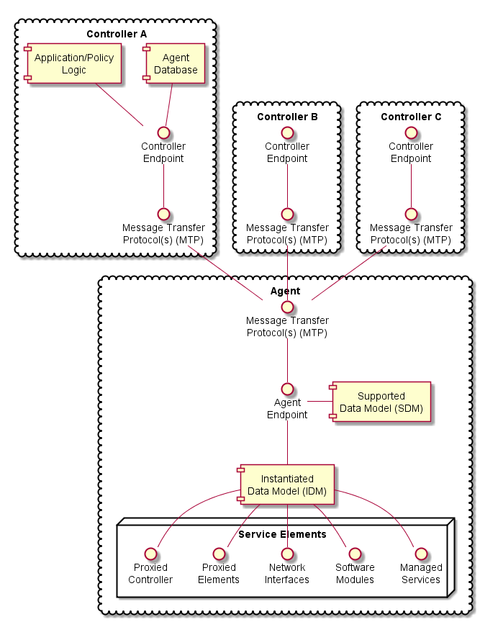The Broadband Forum has put out its new User Services Platform (USP), a standard aimed at implementing, deploying and managing IoT devices in a broadband-enabled home network.
USP, according to the Broadband Forum, creates what it calls a unified, common approach to securely deploy, manage, and control network-aware consumer electronics, including home and enterprise Wi-Fi, Internet of Things (IoT) and other emerging applications.
As a result, service providers can integrate a larger number of devices into their service sets, enabling them to offer new, revenue-generating services to end users.
RELATED: Broadband Forum CEO: 5G will require a strong wireline transport network
The Broadband Forum did not have to look too far for a foundation to create the USP standard. It builds off the well-known TR-069 protocol used by service providers to manage routers and switches for home networks.
"As an evolution of the popular TR-069 standard, USP makes use of the same data models, but instead of simply having a single Auto Configuration Server, there are now many end points that control not only the devices but also individual executables on each one," said Barbara Stark of AT&T, USP project lead at Broadband Forum, in a release. "This means deployments with IoT devices, smart Wi-Fi, set-top boxes, and smart gateways can be controlled by anyone in the household, while permission levels for service providers can be created to allow any necessary updates or troubleshooting of the network and devices connected to it.”

As IoT devices grow in popularity, it creates a greater security vulnerability for consumers. Service providers and consumer electronics manufacturers can now leverage the USP standard to perform lifecycle management of connected devices and carry out upgrades to address critical security updates. Newly installed or purchased devices and virtual services can also be easily added, while customer support is improved by remote monitoring and troubleshooting of connected devices, services and home network links.
Additionally, the specification enables secure control of IoT, smart home and smart networking functions and helps map the home network to manage service quality and monitor threats.
Work on the USP specification was carried out by the Broadband User Services (BUS) Work Area, which is led by Co-Directors John Blackford of Arris, who is also a Broadband Forum board member, and Jason Walls of QA Cafe.
AT&T, Axiros, Google, Greenwave Systems, Huawei, NEC, Nokia, and Orange also participated in developing USP.
